India: Former Principal Gets Life Sentence in Shocking 'Wedding Bomb' Murder Case
Punjilal Meher, a former college principal in Odisha, has been sentenced to life imprisonment for orchestrating a deadly parcel bomb attack in 2018 that killed a newlywed groom and his great-aunt, and seriously injured the bride.A court in the eastern Indian state of Odisha has sentenced 56-year-old Punjilal Meher to life in prison for a crime that shocked the nation: sending a parcel bomb disguised as a wedding gift. The deadly package killed 26-year-old software engineer Soumya Sekhar Sahu and his 85-year-old great-aunt Jemamani Sahu just days after his wedding, and left his wife, Reema, critically injured.
Meher was found guilty of murder, attempted murder, and illegal use of explosives. Despite the court acknowledging the act as “heinous,” it stopped short of classifying it as a "rarest of the rare" case deserving the death penalty.

A Chilling Crime Disguised as Celebration
The tragic incident occurred in February 2018 in Patnagarh, a quiet town in Bolangir district, Odisha. Just five days after their wedding, the young couple was preparing lunch when a package arrived, addressed to Soumya. Believing it to be a wedding gift, they opened it. The moment Soumya pulled a string to unwrap the parcel, a powerful explosion tore through the house.
Soumya and his great-aunt died instantly. Reema, then just 22 years old, survived with serious injuries—suffering burns, a punctured eardrum, and long-lasting trauma.
The Long Road to Justice
The parcel had been sent from Raipur in Chhattisgarh, over 230 km away. Police were initially baffled. The crude yet lethal bomb, wrapped in jute thread, had passed through several hands and traveled more than 650 km by bus. Investigators said it had been designed to detonate on opening.
Initially, no suspects emerged. Officers examined thousands of phone records and interviewed over 100 people, including a man who had made a threatening call after Reema’s engagement. Still, the case stalled.
Then in April 2018, a turning point came—a mysterious anonymous letter arrived at the local police station. It referred to the sender as “SK Sinha” (not “SK Sharma” as previously thought) and hinted at betrayal and financial motives. It also bizarrely claimed that three people were involved and were now beyond the police’s reach.
This cryptic message reignited the investigation. Arun Bothra, then head of Odisha's Crime Branch, noted the letter contained details only the real sender would know—like the misreading of the name on the receipt. It became clear the writer was trying to mislead investigators by pretending the crime was the work of outsiders.

A Rivalry Turned Deadly
Attention soon turned to Punjilal Meher, a former principal of a local college where Soumya’s mother worked and who had been replaced by her. The victim’s mother recognized Meher’s distinct writing style and phrasing in the anonymous letter. What had once seemed like workplace politics now pointed to something far darker.
Under questioning, Meher initially denied involvement, claiming he was forced to write the letter. But according to police, he eventually confessed. They say he extracted gunpowder from firecrackers hoarded during Diwali, built the bomb himself, and carefully planned the delivery. He left his phone at home to fake an alibi, mailed the package from a courier in Raipur without CCTV, and even attended both the wedding and the funeral.
National Attention
The case drew national attention, with the BBC covering it in a detailed two-part series titled "Who Sent the Wedding Gift Bomb?" and "A Wedding Bomb, A Letter, and an Unlikely Suspect."
Now, more than six years after the explosion, justice has finally been served. While Meher will spend the rest of his life behind bars, the scars left by his calculated crime will remain with the survivors—and the country—for years to come.
Image Caption: Punjilal Meher, seen here in a beige suit and orange shirt on a motorbike, has been sentenced to life in prison for his role in the 2018 "wedding bomb" murders.
Image Source: Facebook/Punji Lal Meher

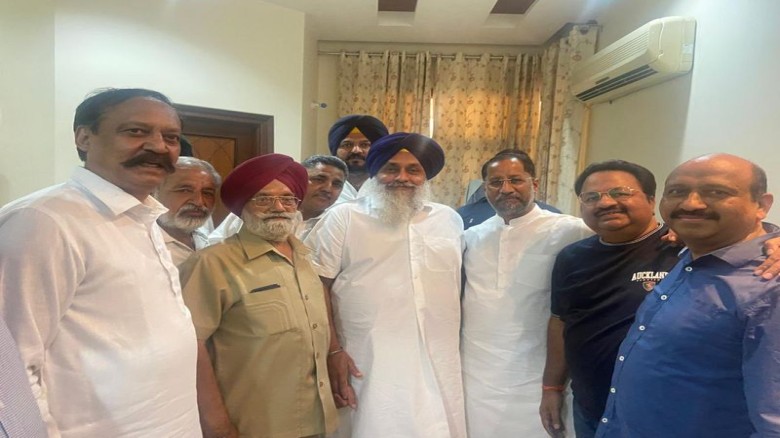
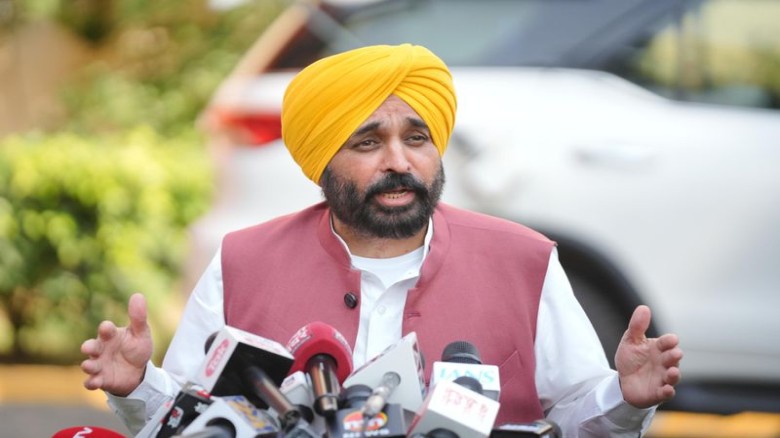
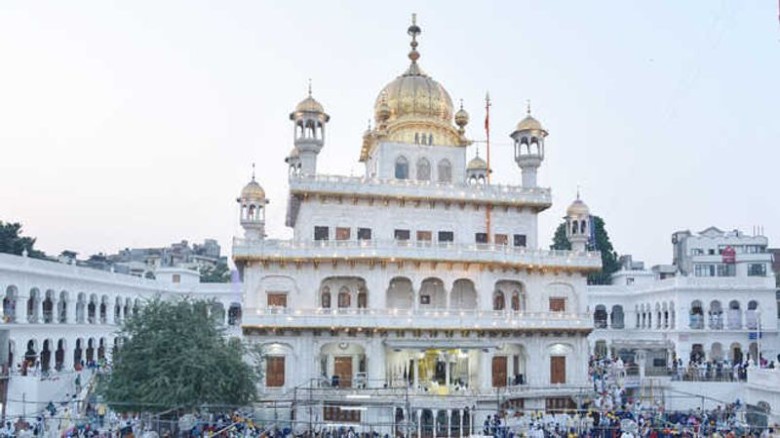
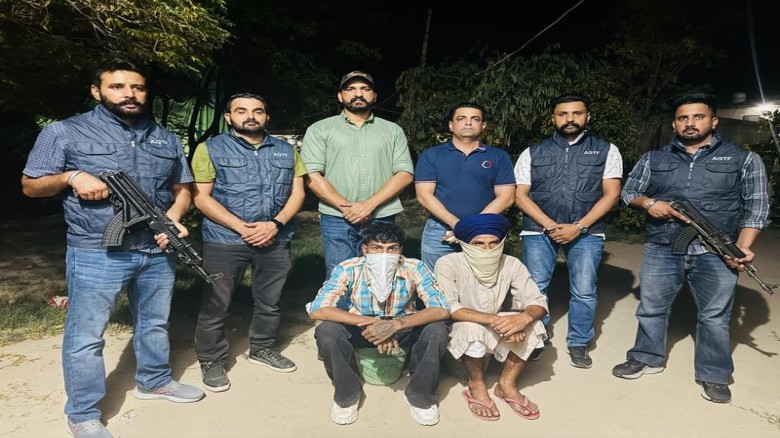

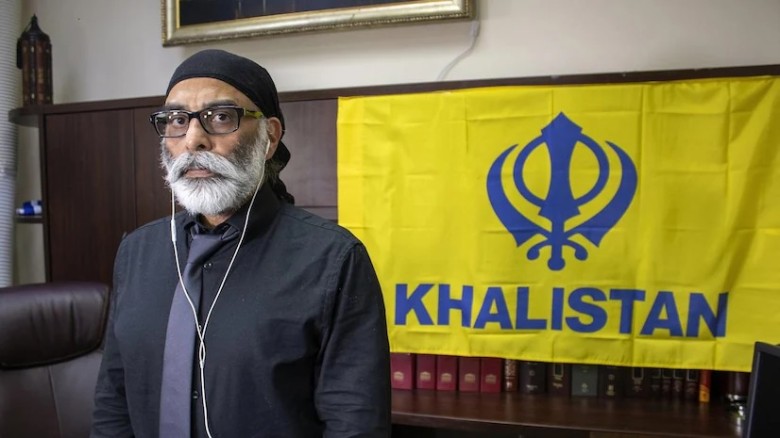


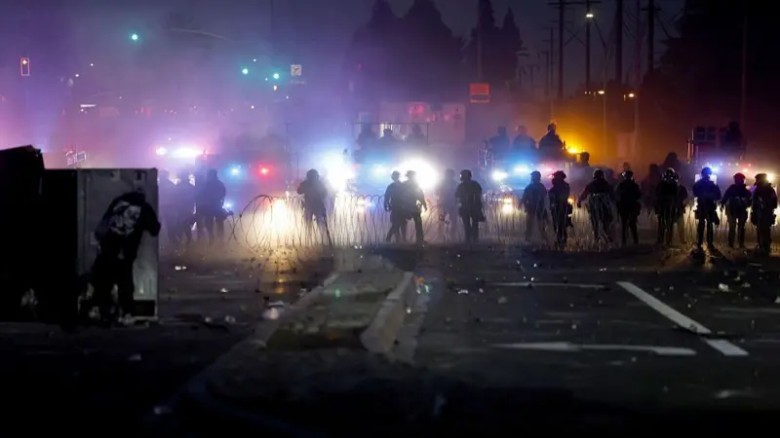
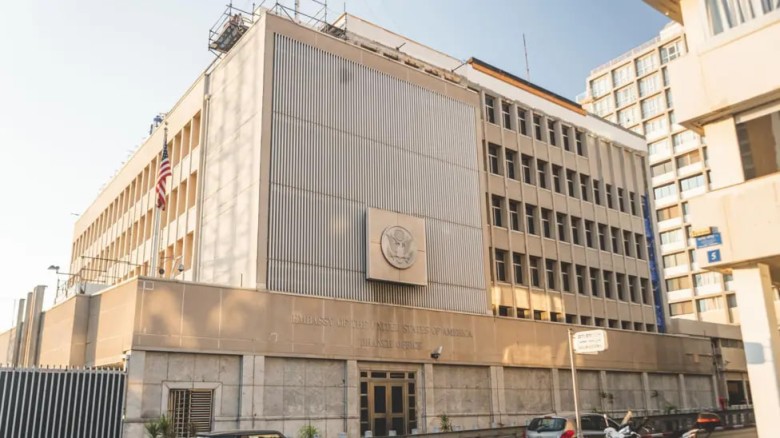






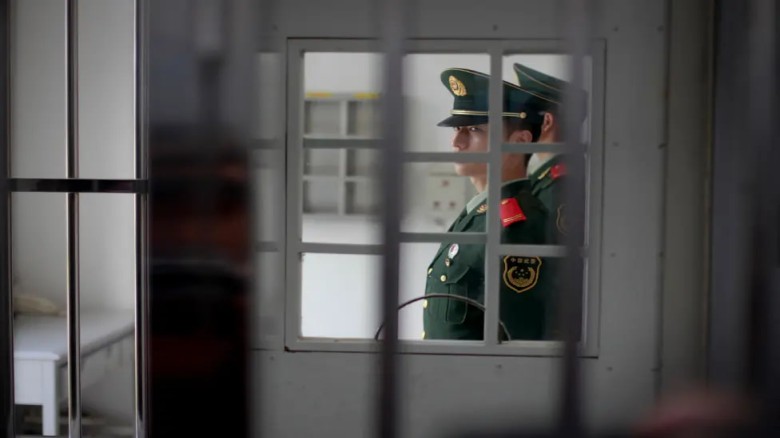






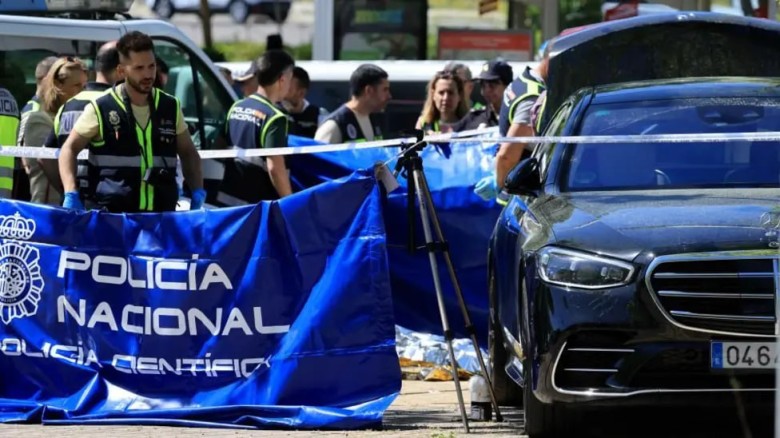


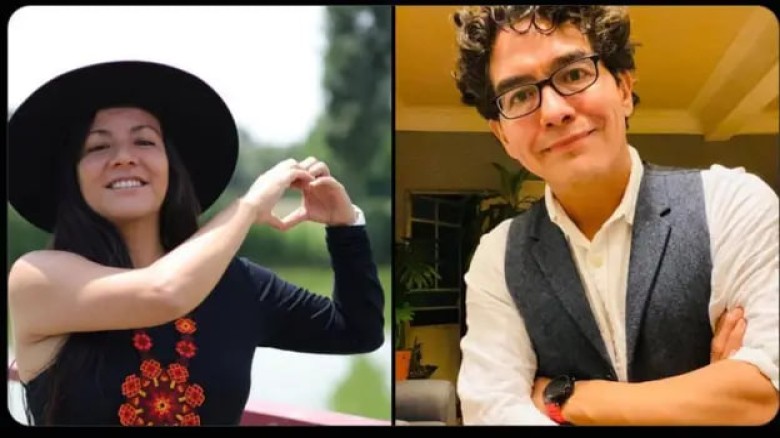

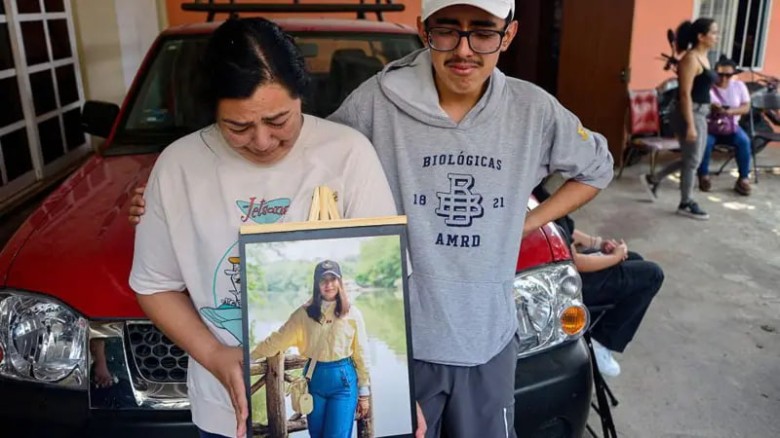








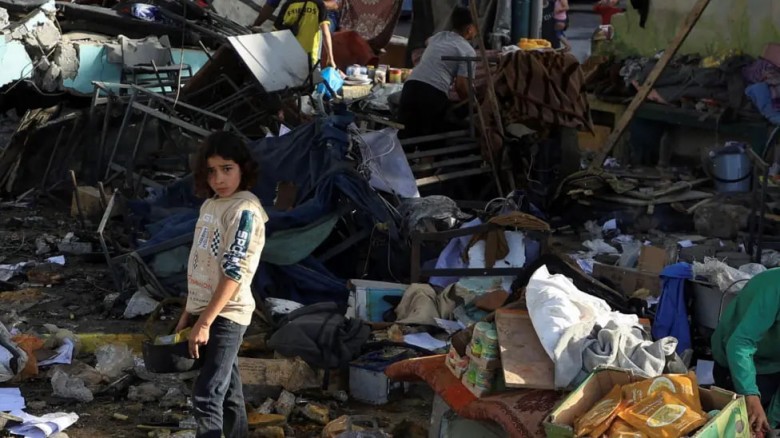











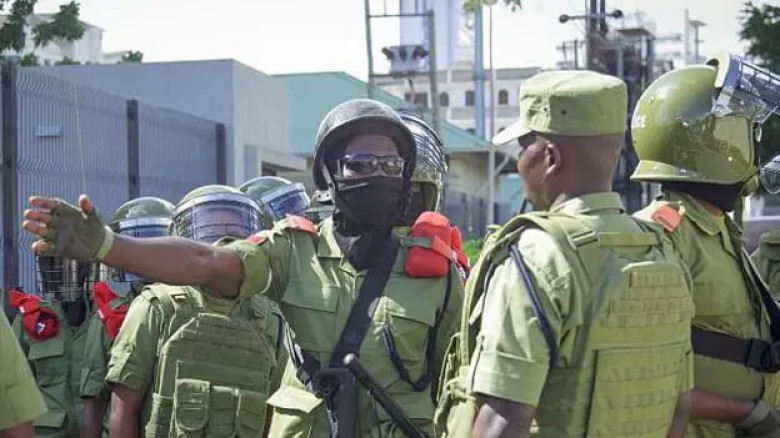
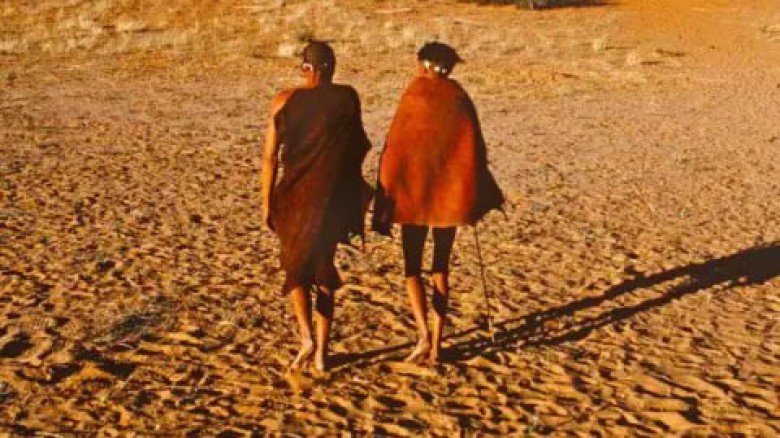
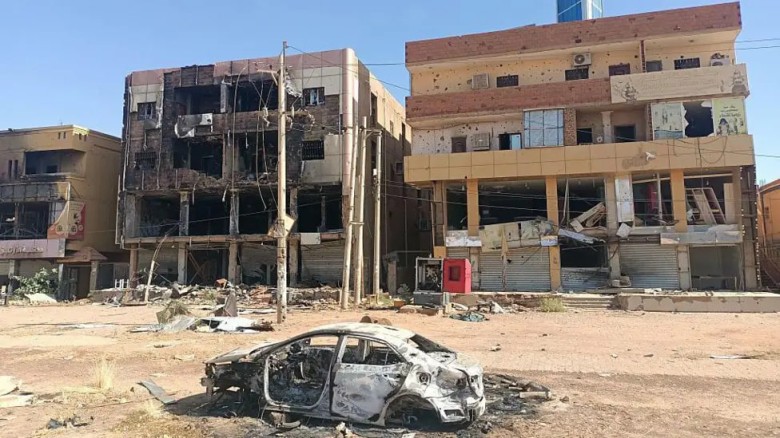




















Leave A Comment